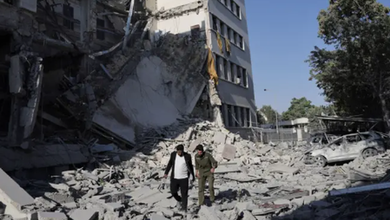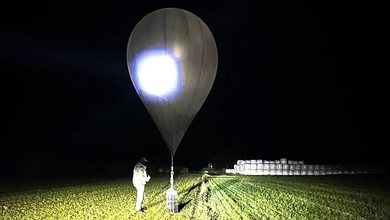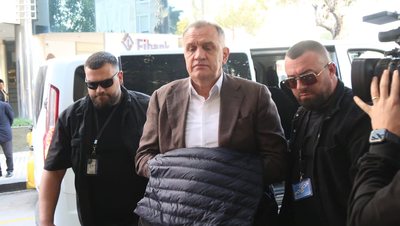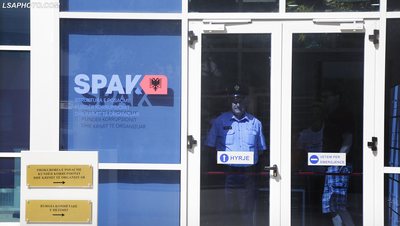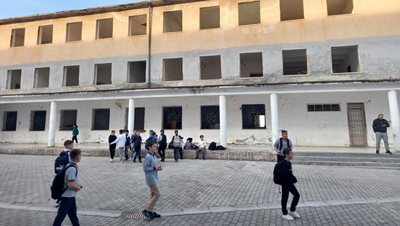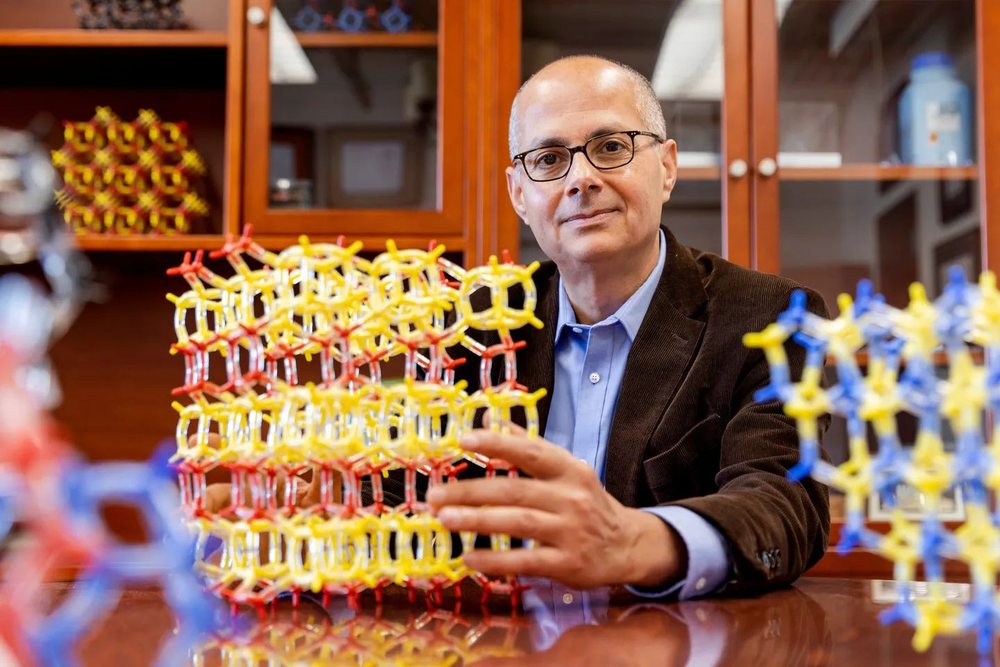
Omar Yaghi, a scientist at the University of California, Berkeley, has been announced as the winner of the 2025 Nobel Prize in Chemistry. The news was emotionally charged for Yaghi, who was born in Jordan to Palestinian refugee parents and grew up in poverty, in a large family that shared a single room with the livestock they raised.
“We had no electricity, no running water. But we had a lot of love and care,” he said with tears in his eyes during a statement to the media. “Our parents dedicated every minute to our education, as the only way to rise from difficulties.”
Born in 1965 in Amman, Yaghi left for the United States at the age of 15, on the advice of his father, who believed that his son would have greater opportunities there. He began his studies at a community college in New York, working in parallel as a cleaner and supermarket assistant, then completed his studies at the University of New York at Albany and his doctorate at the University of Illinois at Urbana-Champaign in 1990.
Yaghi won the Nobel Prize together with Susumu Kitagawa from Japan and Richard Robson from Britain, for their discoveries of metal-organic frameworks (MOFs), revolutionary materials used to capture carbon dioxide and extract water from the air in dry conditions.
At the time of the announcement, Yaghi was on a plane to Brussels for a scientific conference. “You can’t prepare for a moment like this,” he said, “I felt surprised and happy.”
Today, his research has inspired hundreds of scientists and generated over 250,000 scientific citations. But for Yaghi, the deeper meaning of this success is human:
“Science is the greatest equalizing force in the world,” he declared to the Nobel Foundation. “Smart, talented, and capable people exist everywhere — we just need to give them the opportunity to unleash their potential.”






